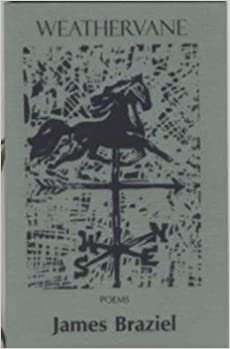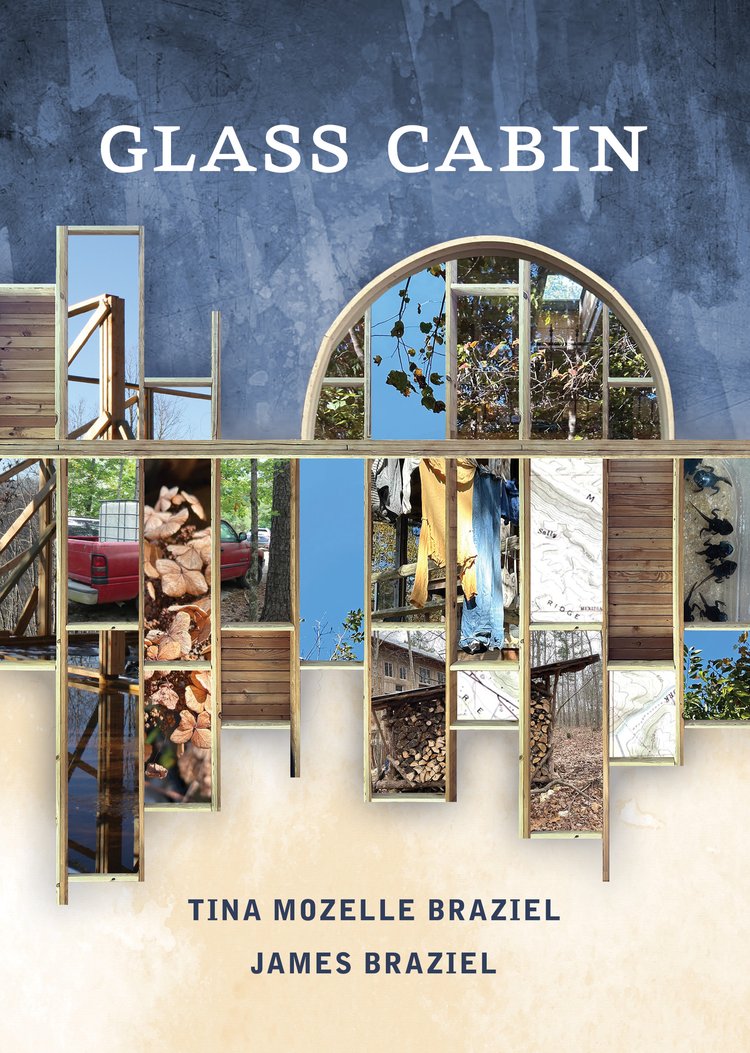
Finishing Line Press published Weathervane in 2003. The chapbook was the first collection of my work and is out-of-print.
“James Braziel writes of rural life, that of his youth in particular and American in general,” says Richard Messer, author of Murder in the Family. “The experience rendered in such marvelous lyric detail in Weathervane is of life lived in close and constant relationship to the elements. The power of the weather and the primal forces of nature, of growth and decay, dominate the inner and outer landscapes of the poems. The success of Weathervane derives from its sympathy for the land and those who live close to it; from its tenderness, its vividly original imagery, and the fact that, while it speaks personally of the poet’s own youth, it also portrays the pathos of our collective loss as we become more and more alienated from the land.”
Tony Grooms, author of Bombingham and Trouble No More writes, “Wake up and welcome James Braziel’s fresh voice and vision to the realm of American letters. Born of the farmland, his poems are songs of the elements—of drought and rain, of field and woods, of fire, sky and stone. His language is lyrical and as luscious in the mouth as cool, ripe black berries. Reminiscent of the deep imagery of James Wright, these observations of the South and the Mid-west are visions of American life that are deeply felt, and deeply hoped for. The weathervane of the title poem is a television antennae ‘spun like a tree in the switching wind.’ Like that weathervane these poems sway and spin, but they are well-grounded as they home in on the language and imagery of a beautiful, suffering landscape and the people who farm it or journey through it. James Braziel is an impressively talented young poet and writer who stands at the beginning of what promises to be an engaging and thoughtful literary journey.”
